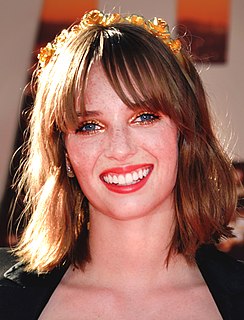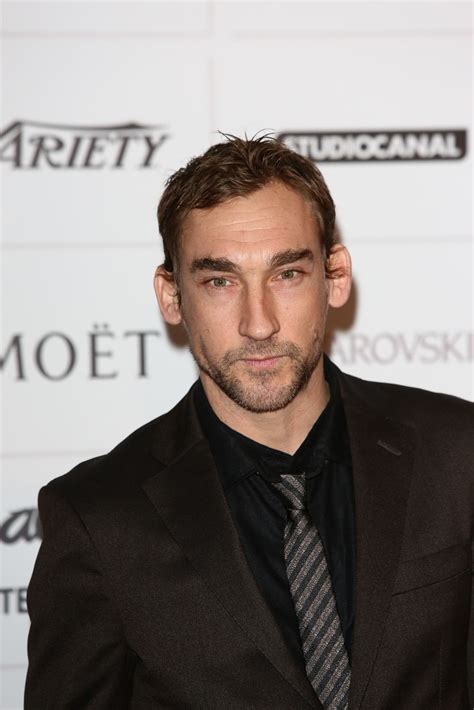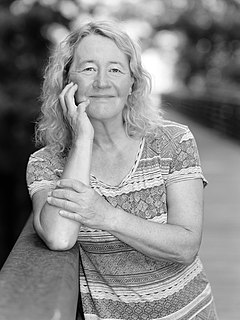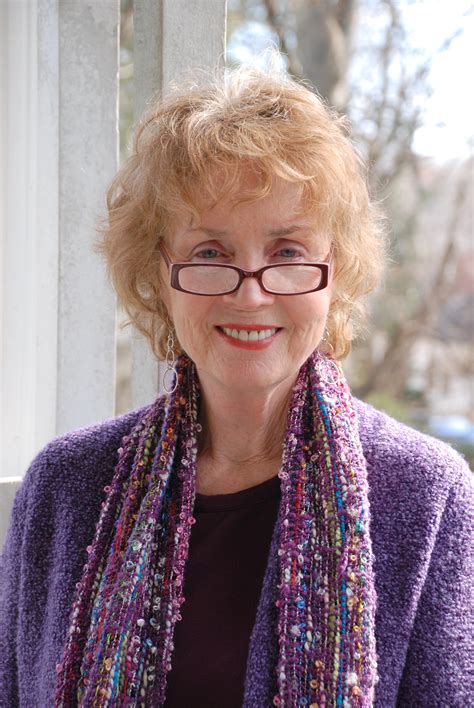A Quote by Richard Rogers
I had lots of trouble in school as a child, and I lost confidence. Teachers thought I was stupid. I learned to read very late, when I was 11. Dyslexia wasn't recognized then, and the assumption was you were incapable of thinking.
Related Quotes
In junior high school, I learned that I could be good at school. I remember liking the freedom to choose classes and the pleasure of learning and doing well. My perseverance and love of reading had somehow allowed me to overcome many disadvantages of dyslexia, and I read a lot of books for pleasure.
When I was a kid they didn't call it dyslexia. They called it you know, you were slow, or you were retarded, or whatever. What you can never change is the effect that the words 'dumb' and 'stupid' have on young people. I knew I wasn't stupid, and I knew I wasn't dumb. My mother told me that. If you read to me, I could tell you everything that you read. They didn't know what it was. They knew I wasn't lazy, but what was it?
I've got one grandson gone to MIT. Another grandson had been in the American school here. Because he was dyslexic, and we then didn't have the teachers to teach him how to overcome or cope with his dyslexia, so he was given exemption to go to the American school. He speaks like an American. He's going to Wharton.
Have you ever found your heart's desire and then lost it? I had seen myself, a portrait of myself as a reader. My childhood: days home sick from school reading Nancy Drew, forbidden books read secretively late at night. Teenage years reading -trying to read- books I'd heard were important, Naked Lunch, and The Fountainhead, Ulysses and Women in Love... It was as though I had dreamt the perfect lover, who vanished as I woke, leaving me pining and surly.
Certainly I was a very religious child, a deeply weird and very emotional child, an only child with lots of imaginary friends and a very active imagination. I loved Sunday school and Bible camp and all that. I had my own white Bible with Jesus' words printed in red in the text; I even spoke at youth revivals.








































